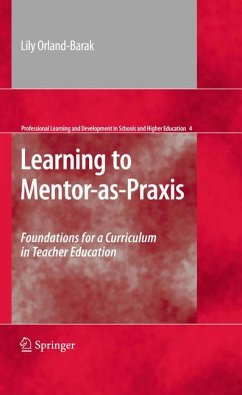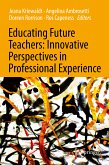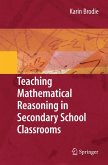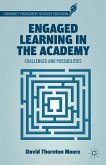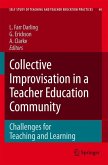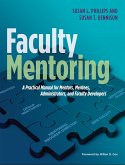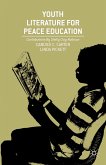- Sociocultural and contextual aspects of mentoring
- Literature review: acts and agency in mentoring
- Appreciation, participation, and improvisation: the key domains of praxis
- Building reciprocal interactions in dyads and groups
- Using challenges, paradoxes, and impasses
- Guidelines for designing and implementing a curriculum in mentor education
A bold reappraisal of current theory and practice and a new conceptualization of mentoring as domains of appreciation, participation and improvisation in praxis, Learning to Mentor-as-Praxis belongs in every academic library and on the shelves of researchers and professionals in mentoring, teacher education, and curriculum development.
Dieser Download kann aus rechtlichen Gründen nur mit Rechnungsadresse in A, B, BG, CY, CZ, D, DK, EW, E, FIN, F, GR, HR, H, IRL, I, LT, L, LR, M, NL, PL, P, R, S, SLO, SK ausgeliefert werden.

